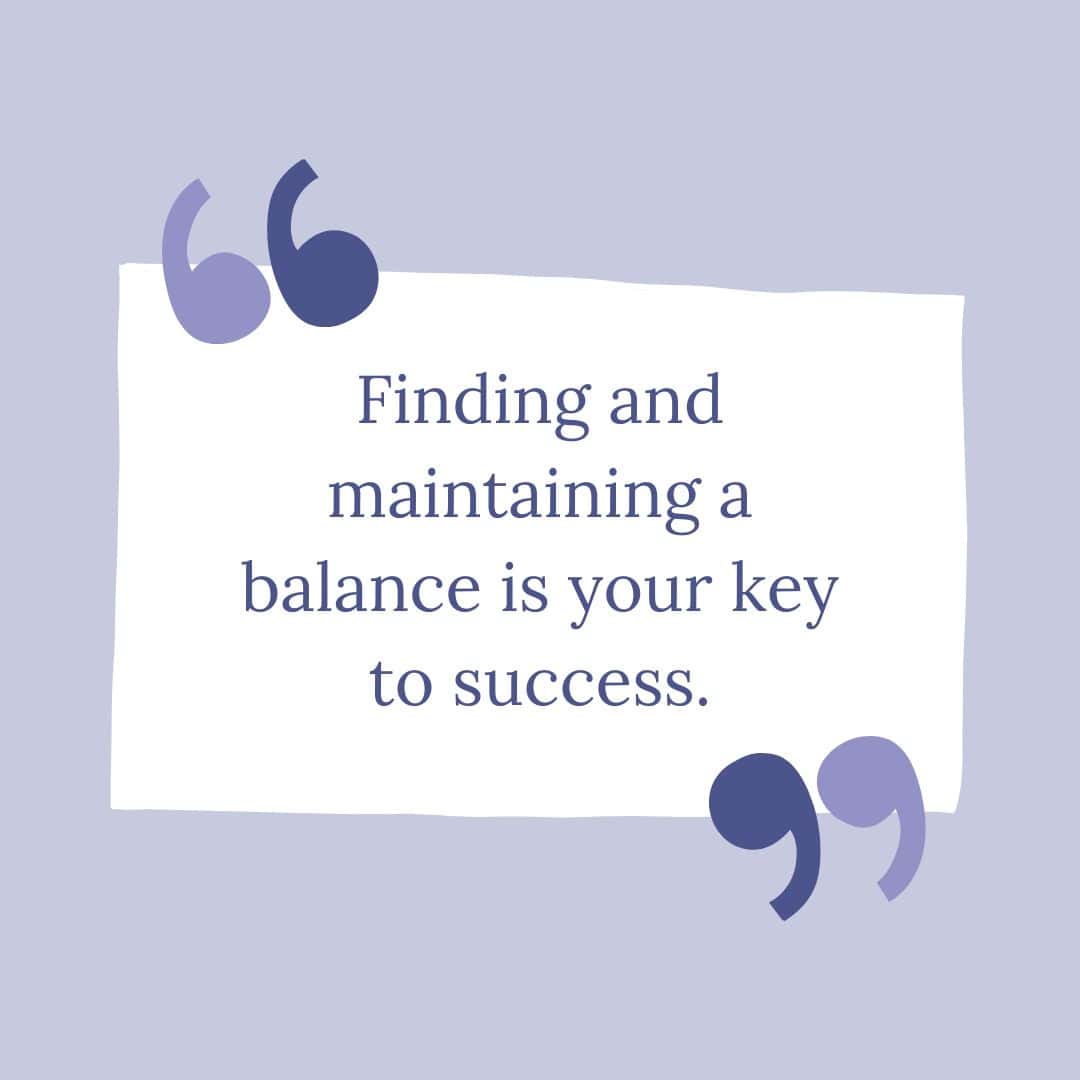Have you finished your education degree and finally get to experience your first year teaching? Are you moving to a new school? Have you taken a few years off and are reentering education? Are you serving as a mentor teacher? Are you looking for advice for new teachers?
If yes, keep reading.
You’ll see that this article is full of contradictions. That’s appropriate, because teaching is full of contradictions. Differentiate for your students, but they will all be taking the same standardized test. Be sure to practice self-care, but don’t take any time off of work or try to leave early. Meet your students where they are, but stick to the curriculum map. You get the point. You’ll soon see that finding and maintaining a balance is your key to success.

I write this as a former first year teacher, a new(er) teacher who changed grade levels, and a veteran teacher who changed schools. Over the years, I’ve seen many new teachers, some who have flourished and some who have floundered. I’ve taken my own experiences and observations to share my best (and brutally honest) advice for new teachers.
Be Yourself but Be Open to Change
It is okay to be different. You don’t have to be like everyone else or do things like everyone else. After 14 years in one school, I transferred to a different school, and I felt like I did not fit into the existing mold. My personal style was just…different.
Guess what? It was okay. You don’t have to be just like everyone else. That’s what keeps life interesting. My coworkers became some of my most influential role models and biggest supporters.
That being said, don’t expect everyone to do things your way either. Just as students won’t all fit into the same mold, neither will teachers. And always remember, it doesn’t make one teacher better than the other.
While it’s okay to be different, keep an open mind and be willing to change and grow. The best teachers are always looking for ways to improve. You may be surprised to see how much you can learn from your coworkers.
Avoid Negativity but Be Able to Listen
Try to surround yourself with positive coworkers. Negativity will suck you in and drown your enthusiasm and optimism. If you find yourself in a complaint or gossip session, think of something “pressing” you need to do and remove yourself. Do not engage.
However, there’s a difference between toxic negativity and venting. At some point, you will likely vent to a coworker and a coworker will vent to you. Be ready to listen and to discern whether you need to simply listen, offer encouragement, or work together to find solutions. Always keep what was said in confidence.
Find a way to laugh-many times it’s either laugh or cry. Remember that some things are outside of your control. Try not to dwell on those things and focus on the things you can control.
School Procedures Before Classroom Procedures
Every organization has its own culture and way of doing things. I think of those as the unstated rules, procedures, or expectations, and it’s important to learn about these procedures before you plan your own. There are few things more annoying that having to completely redo your plans or recreate what you’ve made due to policies you weren’t aware of. For instance, you have your whole morning routine ready, but then on the first day of school you learn that students take their breakfast to the classroom to eat, which changes everything.
Ideally, every school will provide new teachers with this information, but that’s not always the case. You may need to reach out to your administration, coach, or a coworker for this. It may seem trivial right now, but this is the type of thing that will exhaust you! Here are things to consider:
- Arrival Procedures
- Dismissal Procedures
- Transportation Changes
- Attendance
- Lunch Count
- Staff Sign-In
- Lock Down Procedures
- Fire Drill Procedures
- Tornado Drill Procedures
- Accident Forms
- Office Referral
- Faculty Staff Dress Code
- Lesson Plan Expectations
- Lunchroom Procedures
- Playground Procedures
- Student Bathroom
- Receipt Procedures
- Teacher Absence
- Grading Expectations
Once you understand the school procedures, then begin working on your own classroom procedures. You can dig deeper into teaching classroom procedures here or find the resource here.
Advice For New Teaches – Organize
There’s no contradiction here. You’ve got to be organized from the start. It won’t be long until you are drowning in paperwork. Have a plan and be ready for it.
Remember, less is more. Your time is better spent purging than decorating. Many teachers who move into a new classroom inherit a lot of….stuff. You don’t have to keep it all. Before throwing anything away, determine whether the item(s) were purchased with district, school, or personal money, so you can know the correct procedure for removing items from the classroom. If there are items you’re unsure if you will use or not, find out if you have access to a storage closest or other storage area. This will allow you to declutter your classroom without losing access to resources you may later want.
Don’t get too caught up in decorating and making everything look perfect. Yes, it’s fun (for some), and you want a comfortable learning environment, but a Pintrest classroom is not a necessity. Don’t worry about going out and buying tons of things yet either. Just focus on some of the essentials. Here are some of my favorite resources.
I’ve also linked a great post with ideas for classroom organization. It can help you out when you’re getting started.
Be Structured and Be Flexible
Students thrive in a structured environment. Yes, our instruction should be novel and engaging, but there should also be a predictable pattern of the day. I know I’ve hit the mark when my class reaches a point where it could flow without my directions. When it comes to classroom management, consistency is key. Students should know exactly what is expected of them. If you tell your students you’re going to do something-do it.

Despite all your best efforts, you will be inundated changes outside of your control (typically last minute) that will almost always disrupt your schedule and routine. Be flexible and try not to let it ruin your day. Be ready to roll with the punches: fire alarms, surprise assemblies, modified schedules for testing, picture day, an insect found in your classroom, extreme weather, surprise meetings, etc….
It’s also important to be flexible with your students. While consistency is key, you do have to keep in mind that students are dealing with their own issues and challenges. Don’t try to fit children into a one-size-fits-all mold. Sometimes you have to be flexible and not draw the line in the sand.
Advice For New Teachers – Begin With the End
Don’t wait until the year gets started to think about your plans. There are few things as exhausting as the start of the school year, and planning ahead will alleviate some of that stress. You can read about how I plan for the new school year here.
When it comes to planning, my best advice is to begin with the end in mind. Don’t start with your first units and go from there. I can almost guarantee that you’ll find yourself with far too much left to teach at the end of the school year. Instead, determine what your students need to be able to know and do by the end of the year. Definitely check out the post I linked. It’s so helpful!

Be Confident but Not Arrogant
I started my first year teaching when I was only 21. I graduated in December and took over a classroom that had run-off their teacher. I was truly thrown into the fire. A veteran teacher gave me advice for a new teacher that I took to heart, and it helped me survive the year.
She told me that when I was in my classroom, I needed to exude confidence in myself as a teacher. When I gave a direction, it’s not a request, suggestion, or a question. Make sure your tone and facial expressions convey that you mean business and that not following directions wasn’t an option.
She wasn’t telling me to be overly strict or against joking around and having a laid-back classroom. She just let me know I couldn’t appear meek, hesitant, or timid in front of my students. Many students will take advantage of perceived weakness.
Now, was I actually confident? No way! But, as far as those 4th graders know, I was in complete control over the classroom.
It’s okay to be confident outside of the classroom with your coworkers. Even though you’re new, you are bringing new ideas and energy to the school, and that’s valuable. While confidence is great, you don’t want to be arrogant. Yes, there are arrogant veteran teachers, but let’s hope those are the outliers.
The line from confident to arrogant is crossed when you begin judging or feel superior to others. Be willing to admit you don’t know something. Don’t be afraid to ask questions. Recognize that “old school” isn’t necessarily bad. Veteran teachers are often willing to let you learn from their early mistakes. Listen and save yourself from making those same mistakes.
Utilize a Mentor Teacher
You may be assigned a mentor teacher or may need to develop a relationship with someone who can take on that role. Either way, don’t try to navigate your first year on your own. Ideally, you will work with someone in the same grade or subject areas. This needs to be a relationship with someone you respect and trust. You will need to have a consistent time and place to meet. Ideally, your mentee will be able to spend some time in your classroom, which of course is a challenge is s/he has his/her own classroom.
One role of a mentor is to concentrate on instructional improvement. That doesn’t mean your instruction is bad or weak! Every great teacher wants to concentrate on instructional improvement. A good mentee will also learn from you!
Some schools may utilize an academic coach for this mentorship. The advantage of this is that the coach has a more flexible schedule and can more easily spend time in your classroom. The challenge is that it’s important to work with an experienced teacher in your content area or grade level, which isn’t always feasible with a coach. You want to work with someone who has been in your shoes and has an in-depth understanding of the curriculum, standards, and challenges of that age and subject areas.
Hopefully, this advice for new teachers has given you a good starting place! You can aways reach out if you have any questions!
